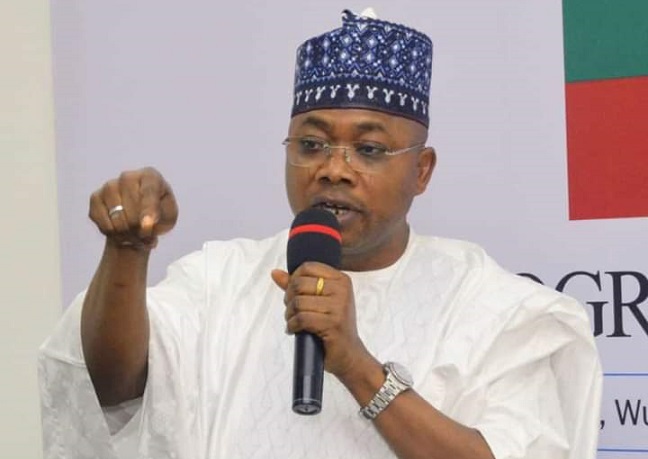The Nigeria Railway Corporation generated around N1.895 billion in income from passenger and cargo transportation in the third quarter of 2023.
The Times reported that this marks a 103.1% increase over the N933 million reported in the equivalent quarter of 2022.
This is according to the most recent NBS Rail travel data for July, August, and September 2023.
According to the report, the NRC earned N1.49 billion from passengers over the period and N286.78 million from cargo/goods.
Furthermore, extra receipts totaled N119.22 million, representing a 1.05% increase in Q3 2023 over Q3 2022’s N117.98 million.
When compared on a quarterly basis, revenues from rail transport grew by 57.13% from N1.206 billion generated in the second quarter of 2023 to N1.89 billion for the third quarter.
A breakdown of the numbers shows that passenger transport revenues increased from N1.10 billion to N1.48 billion.
Also, cargo/goods transport receipts climbed from N188 million to N286 million during the second and third quarters.
During the time under consideration, the rail system saw a total of 594,348 people travel, a significant rise from the 500,348 passengers registered during the same quarter in 2022, reflecting an 18.79% growth rate.
When compared to the previous quarter, rail passenger numbers climbed from 474,117 to 594,348 people.
Furthermore, the volume of goods and freight moved in Q3 2023 totaled 81,963 tones, a considerable increase from 33,312 tones in Q3 2022. When compared to the previous quarter, the cargo volume climbed from 56,029 tones to its current level.
Nigeria currently has many operating rail lines, which it wants to expand with future rail projects around the country. The federal government opened the train line that connects Ujevwu in Delta State to Itakpe in Kogi State in 2020.
Other operational train lines are Lagos to Ibadan, Abuja-Kaduna, and Iddo to Ijoko. Last year, the Lagos state government opened Nigeria’s first metro train line, which connects Mile 2 to Marina.









